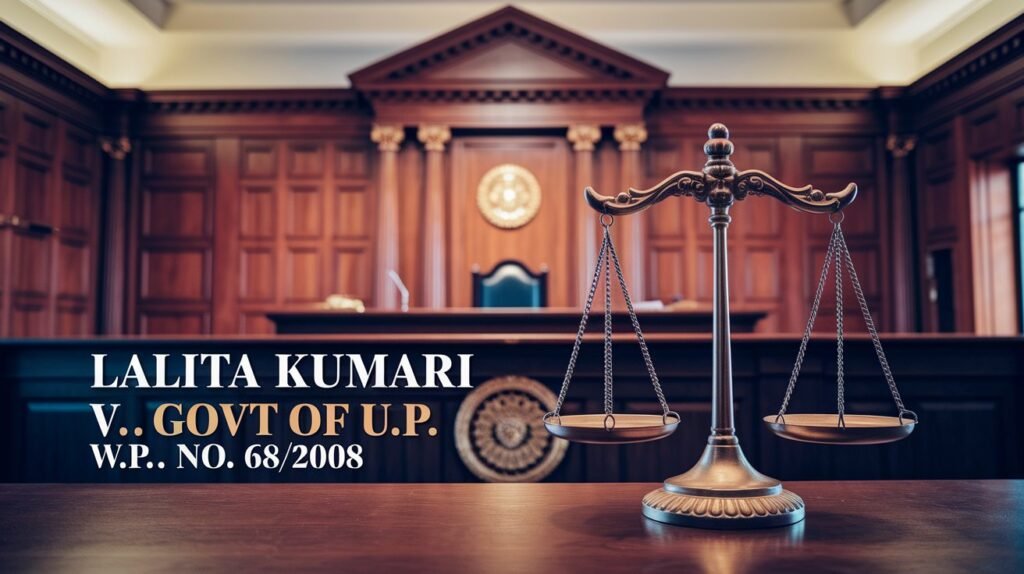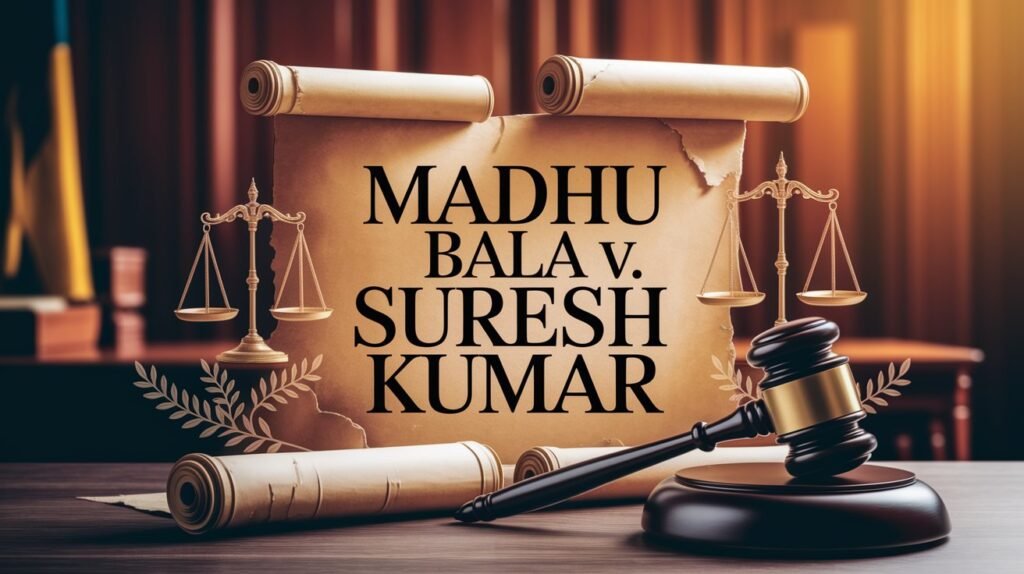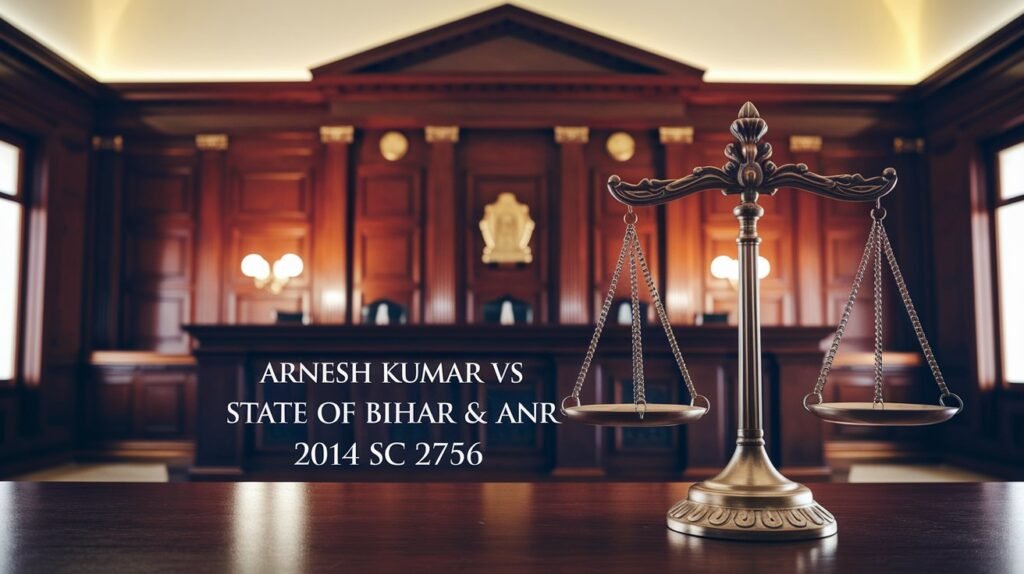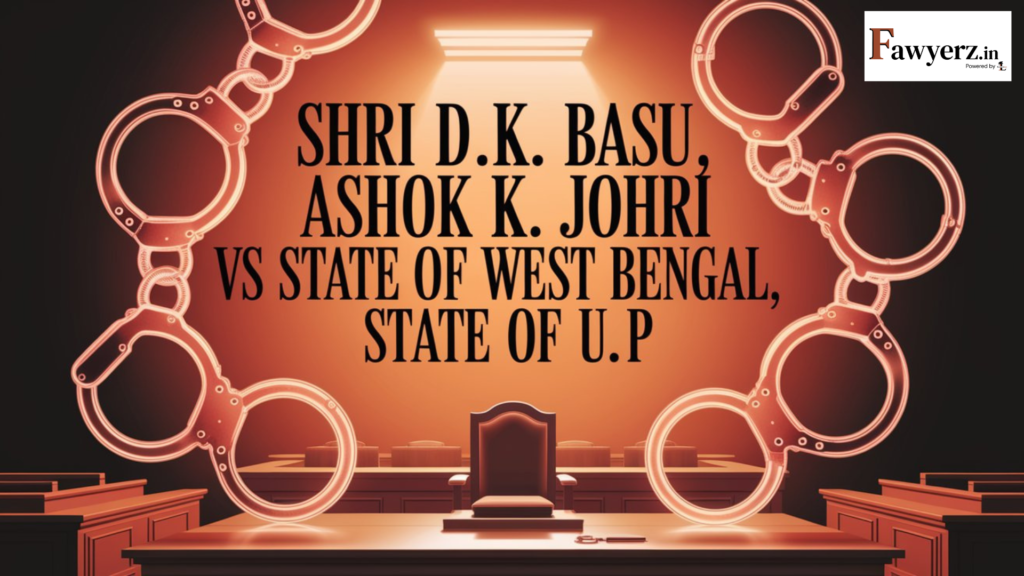Gurbaksh Singh Sibbia v. State of Punjab 1980 (Case Summary)

This landmark case laid down the foundational principles for granting anticipatory bail under Section 438 CrPC. The Supreme Court clarified that courts have wide discretion and that anticipatory bail should not be denied merely on the apprehension of misuse. It emphasized that individual liberty under Article 21 must be protected, and the power to grant anticipatory bail should not be hedged with unreasonable restrictions.
Table of Contents
ToggleFacts of Gurbaksh Singh Sibbia v. State of Punjab
- Gurbaksh Singh Sibbia, a former Punjab minister, and others were facing allegations of corruption and feared imminent arrest.
- They applied for anticipatory bail under Section 438 CrPC before the Punjab and Haryana High Court.
- The High Court dismissed the application, stating that anticipatory bail was not appropriate in such serious cases.
- The matter reached the Supreme Court to clarify the scope and application of anticipatory bail
Issues framed
- Whether courts can grant anticipatory bail even in cases involving serious, non-bailable offences?
- Whether courts must impose time limits or restrictions on anticipatory bail under Section 438 CrPC?
- Whether the power under Section 438 CrPC should be exercised sparingly or liberally?
Subordinate Court Judgment
The Punjab and Haryana High Court denied anticipatory bail to the petitioners, citing the seriousness of the allegations.
Judgment of Gurbaksh Singh Sibbia v. State of Punjab
The Supreme Court overruled the High Court and laid down extensive guidelines on the scope of Section 438 CrPC. It held that the power to grant anticipatory bail is extraordinary, but that alone does not justify restricting its use only to rare cases. The Court emphasized that the seriousness of allegations is relevant but not conclusive.
The Court stated that the applicant must show that he has reason to believe that he may be arrested on accusation of having committed a non-bailable offence. That belief must be founded on reasonable grounds. Mere fear is not belief. There is no justification for reading into Section 438 limitations which the legislature has not thought fit to impose.”
The Court also clarified that conditions such as time-limiting the anticipatory bail or requiring the accused to surrender upon charge sheet filing are not mandatory. The decision to impose such conditions lies within the discretion of the court, based on the facts of the case.
In conclusion, the judgment reinforced that anticipatory bail is a constitutional shield for liberty, and arbitrary curtailment of this right would violate the fundamental rights of the individual. The ruling continues to guide the courts in interpreting and applying Section 438 CrPC even today.





